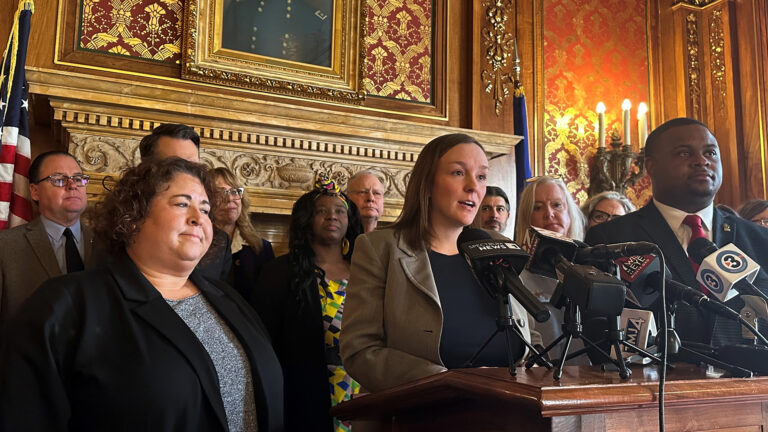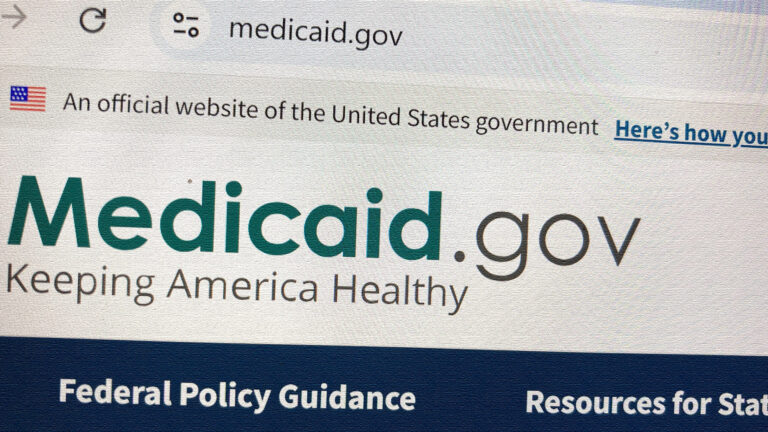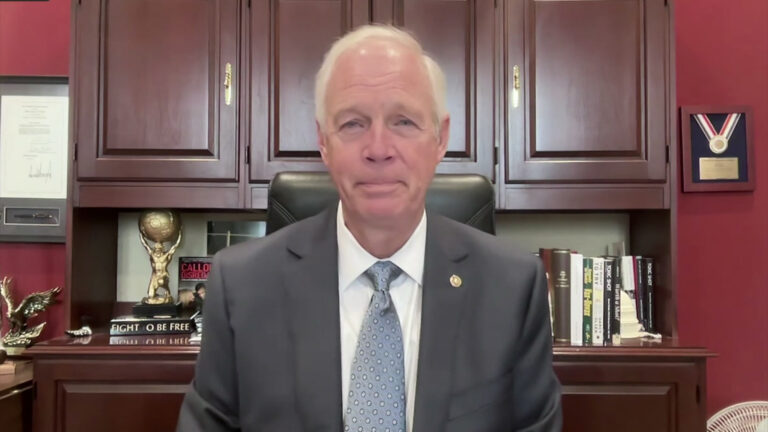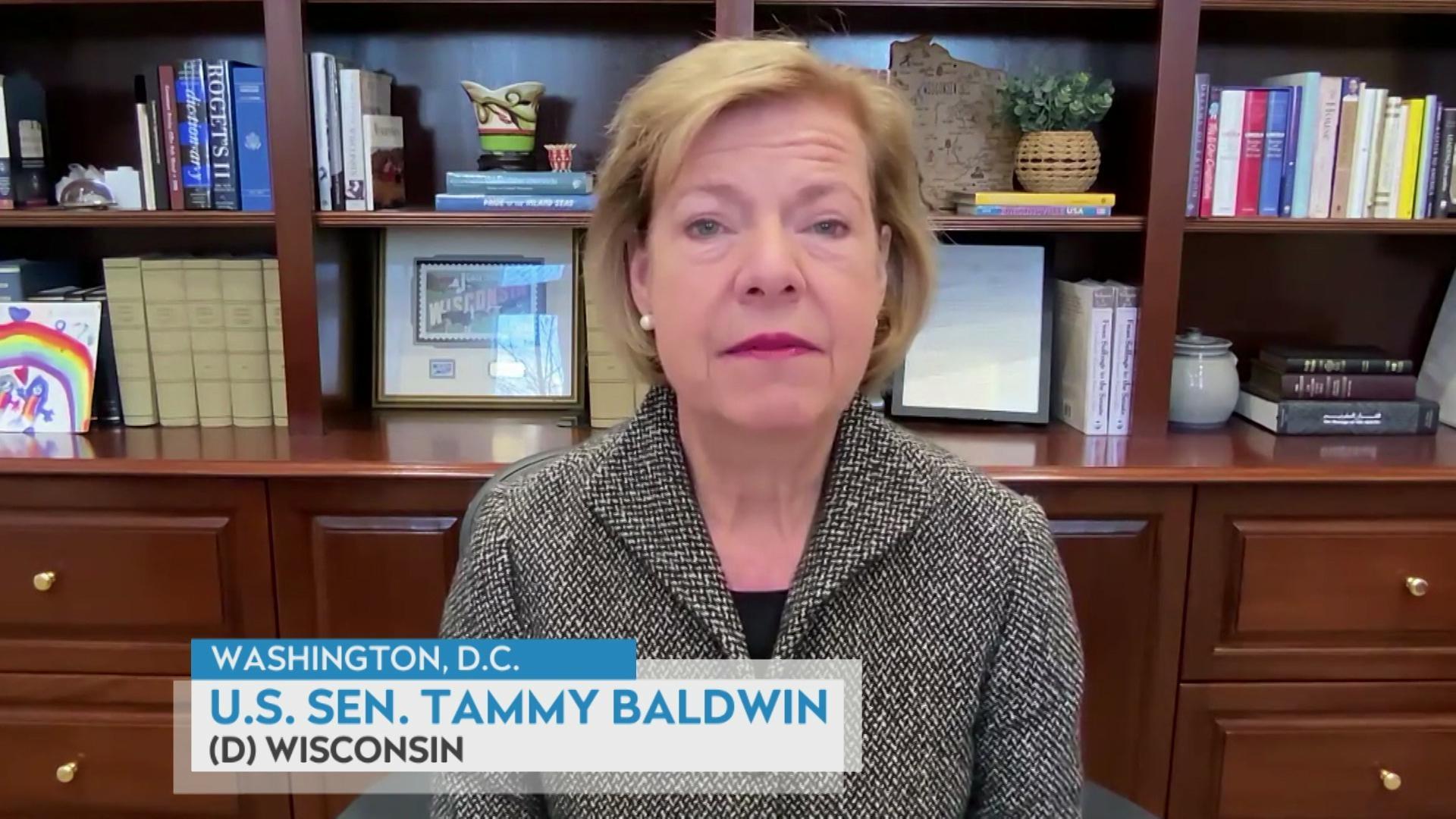Dr. Al Dababneh on a winter wave of respiratory viruses
Mayo Clinic Health System infectious disease specialist Dr. Al Dababneh describes a seasonal rise in respiratory viruses, treating patients with influenza, RSV and the emergent JN.1 COVID-19 variant.
January 30, 2024
VIDEO TRANSCRIPT
Dr. Al Dababneh:
Respiratory viruses are fairly common, especially in the fall and winter months. So the fact that we see a rise in those cases during that time really is not surprising. Really, the newcomer on the scene is really just the COVID-19 virus, but we've been seeing RSV and influenza for a very long time, and we've been talking about influenza and RSV for a very long time, even before COVID kind of hit the scene. So it shouldn't be a surprise to your viewers that we see a rise in the cases of RSV and influenza in the winter or fall months. Really, I would take this opportunity to kinda reinforce some of the things that we usually discuss around this time of the year. So, you know, personal hygiene etiquette, so, you know, coughing in your elbow, washing your hands, and really, a very thing to kind of discuss with your provider would be the vaccinations that are available. And I know there's a lot of vaccine hesitancy out there, especially coming out of the pandemic, but really, if patients have questions, concerns, they're doing their own research online, that's great, but they should really discuss what they're reading with their provider so that they can get the benefit of their experience and their clinical expertise.
Marisa Wojcik:
Do you, have you seen patients with the JN.1 COVID virus?
Dr. Al Dababneh:
Yeah, it's the most dominant strain of COVID-19 right now. And we are seeing it on the inpatient side. Really, the story of viral strains is not new. By nature of the virus, the virus is gonna change over time. Really, what you're seeing is evolution in action with these viruses. Mutations happen, viruses adapt, and they change over time. So the fact that we're seeing a new viral strain shouldn't be surprising. And I would kinda enforce that discussion with your provider because there's a lot of misinformation out there above vaccines, what they do and what they don't do.
Marisa Wojcik:
Are any of these particularly serious this season?
Dr. Al Dababneh:
So, you know, by nature of my work, I'm always seeing patients with RSV, influenza and COVID and I tend to see kind of the more severe cases. So it's not surprising during this time of year to see a death related to influenza, COVID-19, or RSV. And those are things that are happening all across the US and then in different states. And then each year, you know, the CDC estimates anywhere from 100 to 300 deaths related to RSV in kids under five. And, you know, the same thing, we're seeing, the same thing with influenza, we're seeing the same thing with COVID. So there's a lot of morbidity and mortality that's attached to all three of these viruses, RSV, influenza and COVID.
Marisa Wojcik:
Is there still a gap between Paxlovid being available and getting it into the hands of patients that need it?
Dr. Al Dababneh:
You know, it's available. I think the gap that's there is patients kind of reaching out to their providers with that, "Hey, I'm not feeling well. maybe I should get tested." Or if they've already had a test, that they can contact their provider with that positive result. And really, the thing that's lagging behind is the vaccination still. I think the emphasis should be placed on kind of reassuring patients and then educating patients and then kind of reinforcing what's already been known about the vaccines that we've had available for quite some time now.
Marisa Wojcik:
With so many different viruses swirling around now and COVID becoming a little bit more endemic, is it difficult for people to know, should I get tested and is it worth it?
Dr. Al Dababneh:
Absolutely. There's a lot of overlap in terms of symptoms between RSV, COVID and influenza and it's really hard, even for clinicians, to make a differentiation between the flu, RSV and COVID. You know, a lot of hospitals have all three tests packaged into one, just because of that overlap. So I think it's gonna be really difficult for patients to figure out which one of the three they have. I would encourage them if they're not feeling well, to reach out to their provider and get tested. I think a lot of patients have the test at home kits for COVID, and that's an easy one to test for. But if they're not feeling well, then by all means, they should get tested.
 Passport
Passport











Follow Us